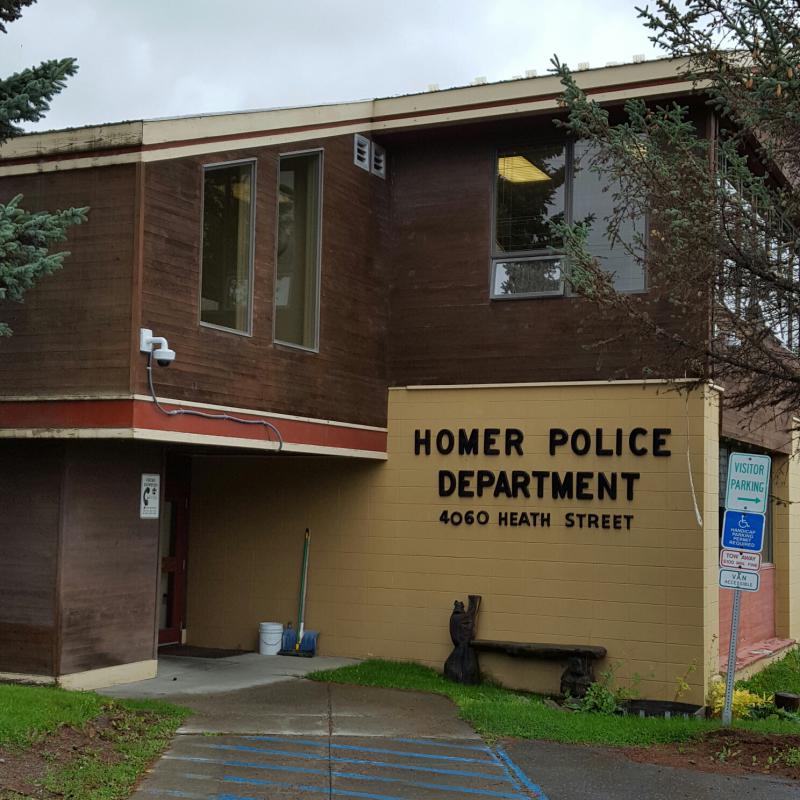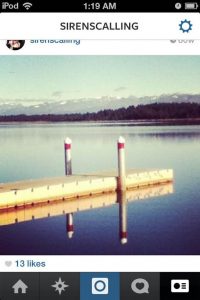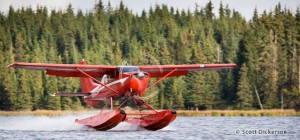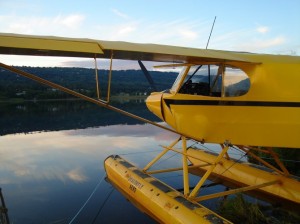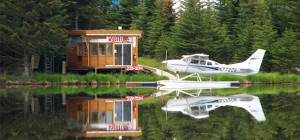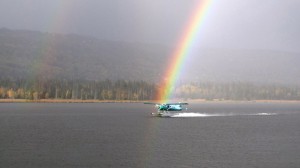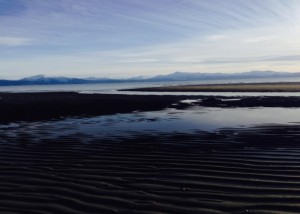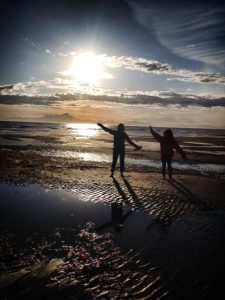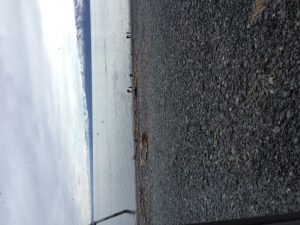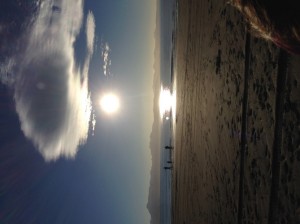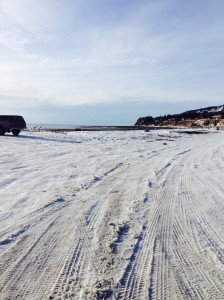It’s no secret that salmon runs in the the Gulf of Alaska have been hitting new lows this year, with most salmon returns being down from last year, and there even being a request for a disaster declaration on the issue. With commercial fishing being such a huge way of life for many Alaskans, this raises the question of how this year affected commercial fishing in the Gulf Alaska.
With this past decade being far below average in salmon counts in Cook Inlet, Kodiak and Prince William Sound fisheries. Jake Nelson, a fisherman in the Prince William Sound area, confirmed it was a below average year with there being a lot of down time, and fewer openings. With less salmon however, there was a higher demand for it driving the prices up, evening it out according to Jake. “It was definitely a down year but we still made a season out of it.”
In Cook Inlet however, it was a different story, Tad Russell, a commercial fisherman of the area for 8 years says it was the worst season he has ever seen. Earlier this year, Tad and a group of other commercial fishermen from cook inlet met with Alaska Governor Bill Walker and Commissioner of Fish and Game Ted Cotton, to see what could be done about their situation. With the only help being a reprieve for their loans on their boats for the year, and there is a possibility of a disaster declaration going into effect for commercial fishing in cook inlet, similar to others in affect around the Gulf of Alaska, but nothing is for certain. As far as the fishing season goes, Tad thinks there needs to be many changes in policy regarding the fishing season, like lowering the escapement, by allowing fewer fish to spawn, or possibly extending the season.
One of the more controversial issues involving the salmon run is how commercial and sport recreational fishermen are regulated during the season. Numerous times during the season the commercial fishermen of cook inlet were shut down until there was enough escapement up the Kenai River but recreational fishing was still allowed to continue, giving them the priority. Tad said its a political issue: the idea to appeal to the majority of voters even if they are just as much of the problem.“Everyone needs to share the burden, if one group can’t fish, then no one should fish”
The future for commercial salmon fishing in South Central Alaska appears uncertain, but if this year anything, it’s that something needs to be done in regards to commercial fishing, according to those who out on the water.

